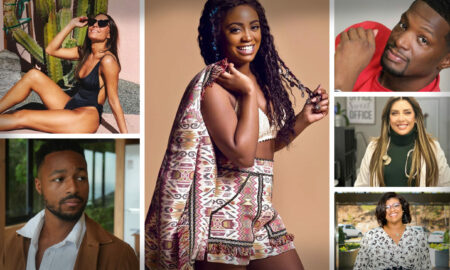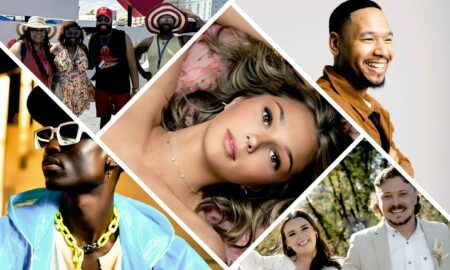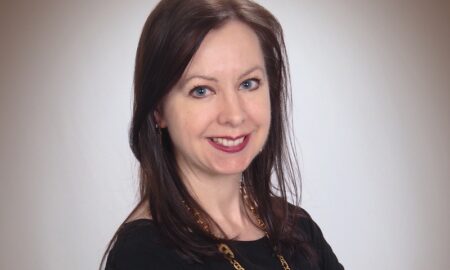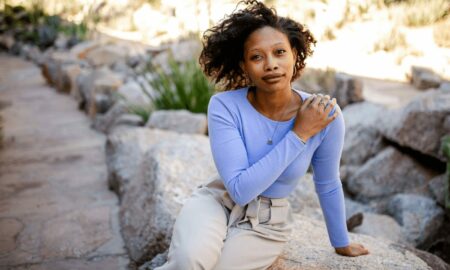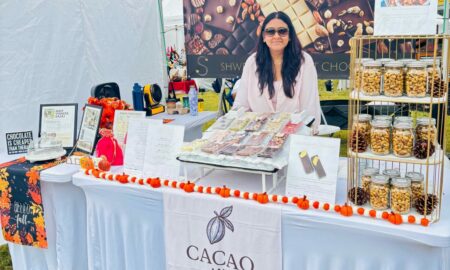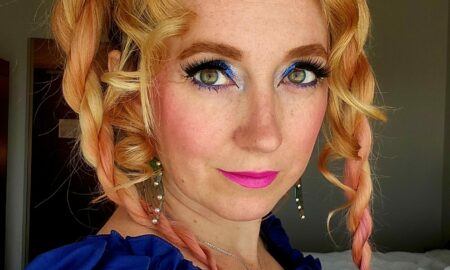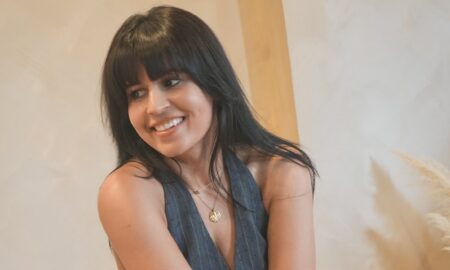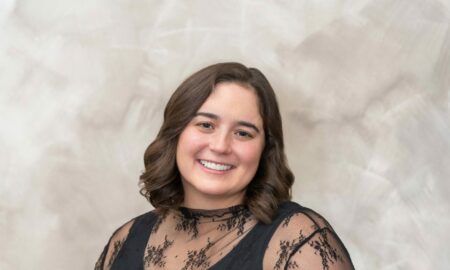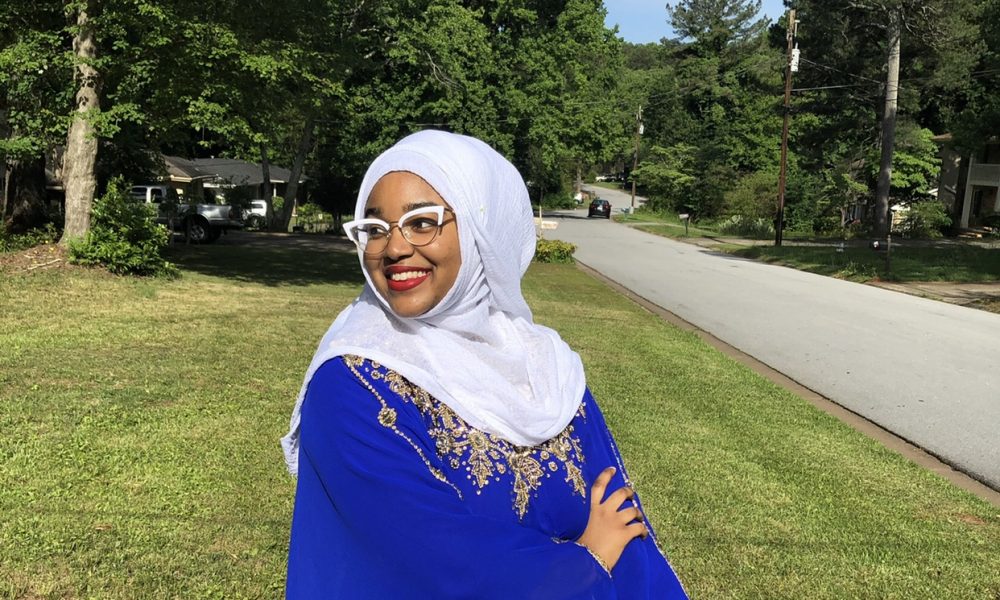

Today we’d like to introduce you to Amira Daugherty.
Thanks for sharing your story with us Amira. So, let’s start at the beginning and we can move on from there.
I was blessed to grow up on the cusp of Stone Mountain and Clarkston, Georgia. Clarkston, dubbed “The Ellis Island of the South,” represents over 160 countries, which allowed me to grow up in a microcosm of the world. As a young Black Muslim girl, it was remarkable to see so many of the intersections of my own identity reflected in the tapestry of my hometown. Imagine being seven years old, walking home from the grocery store and passing by business signs in at least six different languages. Picture the children of the Ethiopian-Somali mosque playing with the kids from the neighboring Vietnamese church. My upbringing taught me what the world really looked, sounded, and tasted like.
As I began to venture outside of my multicultural pseudo utopia, however, I noticed that many of the spaces I occupied looked less like a mosaic, and more like a porcelain slab. As a singer, student leader, and aspiring attorney, I began to find myself as “the only”. The only Black person. The only Muslim. The only woman. The only person living with a disability (single-sided deafness). Eventually, “the only” became the norm. It felt so strange, as I knew of the ambition and talent that my native Stone Mountain/Clarkston possessed within their city limits. I began to wonder what I could do to make a change, other than advocating for the communities I represented when entering different spaces.
I realized that if I was going to make a sustainable change, I would need to begin by helping other young marginalized people feel included and represented. I have turned to a few different avenues to uplift those around me. First, singing and poetry. Two of my favorite things to do are 1) share pieces across my platforms and 2) perform at events that encourage young people’s leadership and civic engagement. I have been invited to sing at national conferences, workshops, and celebrations, and I have been honored to share songs/poems of hope with the attendees. Second, leadership in both school and local organizations. I recognized that if we are to irradicate the phrase “the only,” we must start by eliminating “the first.” It is important to me to help others see that being different does not mean you cannot build a coalition with others and lead. So I ran for the offices through which I thought I could best represent others, and (among other positions) was elected as the first Muslim President of a Georgia 4-H County Board, and the first Muslim SGA President of Agnes Scott College.
Throughout my life, I intend to hold space for and advocate on behalf of those people of color who did not have the same opportunities as me. The dream of growing up in an America where each of us is celebrated, respected, and supported should not be so far fetched. I refuse to leave this world without contributing to the phrase “the only” becoming obsolete.
We’re always bombarded by how great it is to pursue your passion, etc – but we’ve spoken with enough people to know that it’s not always easy. Overall, would you say things have been easy for you?
The road has not always been smooth. Even growing up in an area as diverse as Stone Mountain/Clarkston, I still stood out. In my neighborhood, the majority of families were Christian, causing me to be one of the few Muslim students in my schools. What’s more, shortly before I began wearing the hijab, I both contracted a skin condition that left spots across my face and arms and discovered I had lost my hearing in my left ear. This tsunami of change left me extremely vulnerable to bullying, especially in a room full of other insecure eight and nine-year-old. But today, I would not trade these experiences for anything. They caused me to grow more compassionate and to seek out those who needed a little positivity and friendship. They also helped me grow a thick skin as I faced micro and macro-aggressions head-on throughout the years.
The year that things really began to turn around was fifth grade. Being so severely bullied throughout school for things I could not control helped me to become emotionally mature more quickly. That year, I became a peer mediator and helped students talk out disagreements they had with one another over snacks and juice. I became a book-buddy for first graders and helped them learn to be friendly to those in their reading groups who were different from them. At the end of the year, I organized a massive food drive that ended up being featured on the front page of the Atlanta Journal-Constitution. I spoke at awards ceremonies, sang solos in our shows, and ultimately served as the student speaker for our fifth-grade graduation. But most importantly, I did this with a hijab on and in short sleeves that exposed the spots littering my skin. As I have performed for/spoken to different crowds, I have kept these memories tucked in my heart to embolden me against any negativity that comes my way.
Please tell us about Amira Unplugged and WE Collective.
I am an “artivist.” I use singing, spoken word, rap, and speechwriting to advocate for and uplift marginalized communities. I have two businesses: Amira Unplugged and WE Collective. First, let’s discuss Amira Unplugged. It started as a Twitter handle – a name to let the people of the void I was speaking into that I was going to be telling my unvarnished truths. But as I continued and people started to listen, I recognized that I could move it into something more. I decided to start sharing my music, poetry, and advice to inspire people who looked like me to chase their ambitions- and they responded. I have since been invited to perform at events, serve as a keynote speaker at various conferences, and mentor students on making a positive impact within their communities.
As I continued to grow, “Amira Unplugged,” my sister Amina came to me with an idea. The concept was to create a space for people of color to build community with one another online and in the real world. Together, after careful planning, Amina and I are finally prepared to launch “WE: A Space for Us.” WE will serve as a collective for people of color to come together through engaging in difficult conversations, sharing our creativity, and celebrating one another. Each month, we will feature a different topic and dissect it through several mediums (music, writing, poetry, conversations with experts, etc.) Be sure to follow @wecllctv on Instagram, Facebook, and Twitter to engage in our July topic, “America’s Trauma Amnesia: A look into gaslighting, trauma, coping, and healing.”
Has luck played a meaningful role in your life and business?
I believe that everything happens for a reason. What I once viewed as moments of misfortune (e.g., being bullied, being rejected from programs, etc.) have actually been moments for growth. I used to tell kids that sometimes, we have to look at the lumps we are given and see if they are sugar cubes. That is to say that we must actively find ways to view obstacles as opportunities. I abide by that philosophy to this day and believe that this kind of positivity is what will continue to push us forward.
Contact Info:
- Website: amiradaugherty.com
- Email: daugherty.amira.y@gmail.com
- Instagram: instagram.com/amiraunplugged
- Twitter: twitter.com/amiraunplugged






Suggest a story: VoyageATL is built on recommendations from the community; it’s how we uncover hidden gems, so if you or someone you know deserves recognition please let us know here.

